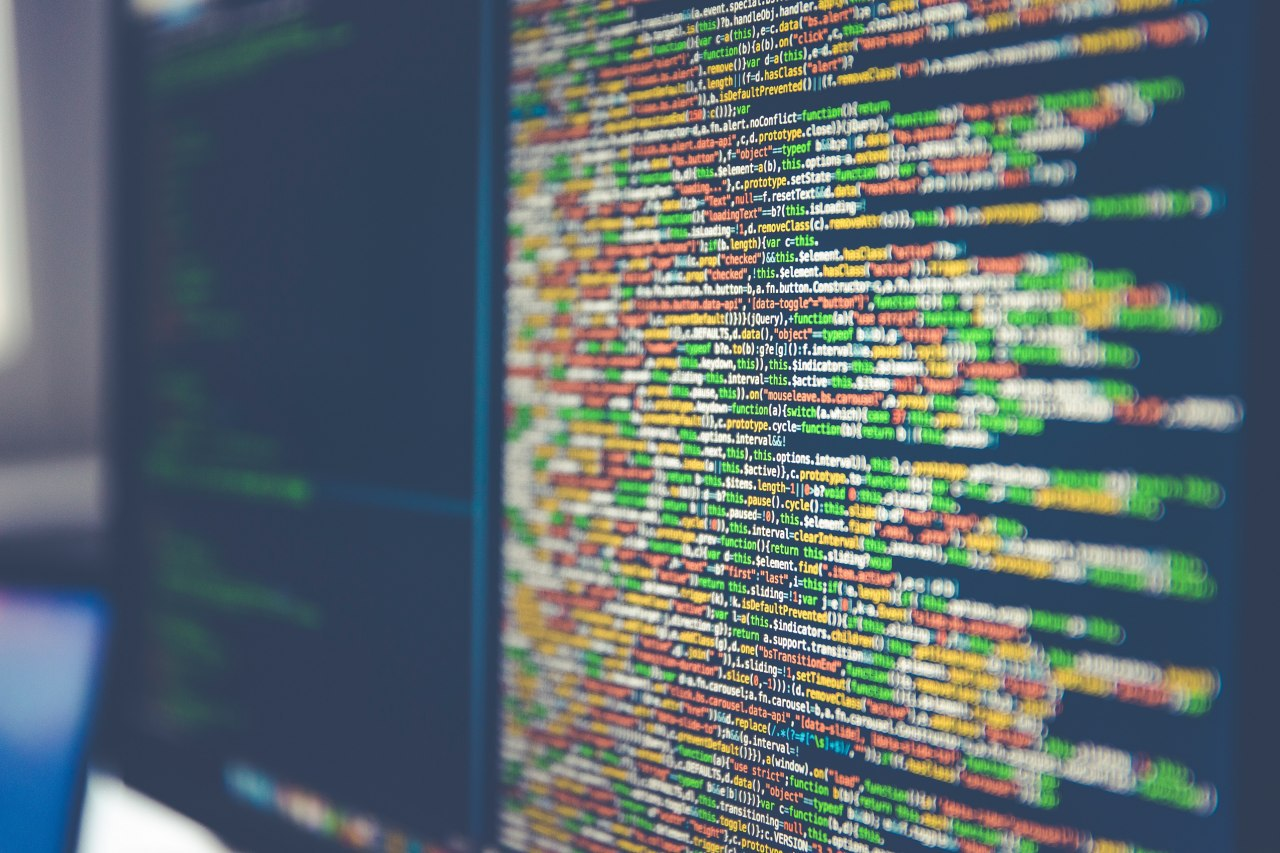
Hello Community
During the summer Takamaka carried out important reorganisation actions and implemented new services necessary to monitor the status of the Nodes.
This involved organising an internal infrastructure, necessary to guarantee the functional and continuous monitoring of the network and secure the entire Blockchain.
Recent blockchain incidents and pitfall
A problem recently occurred on a well-known blockchain due to excessive workloads flooding the transaction processing queues.
Transactions that were required to maintain the state of the mainnet could no longer be processed because the network had to focus on other transactions for DeFi.
The result was a total lack of communication between validation nodes that led to the network fork, essentially creating multiple versions of the blockchain and excessive consumption of hardware resources, which took several validation nodes offline.
It was only after an upgrade and reboot that the blockchain started to resume functionality.
https://twitter.com/SolanaStatus/
Takamaka Monitoring
In order to prevent possible malfunctions and incidents that could in some way undermine the state of the Blockchain and the security of funds and transactions, the team has worked hard to optimise a platform for controlling and monitoring the network nodes.
The program created is called ddnsdaemon, completely written in Python.
The software collects information about the hardware status of the nodes, such as: internal configuration and network status, CPU workload, storage % occupancy, notice of change or unreachability of the public IP address of the node.
The Nodes (Server) are monitored 24/7 and in case of crashes, malfunctions or disconnection, ddnsdaemon notifies administrators, allowing an immediate and timely intervention to avoid damage to the node or worse, a global crash of the entire Blockchain.
The software is available to node administrators, through a convenient web interface (also from mobile phones), which can be reached on "https:\\" site, uses API keys that do not expose sensitive data and the information can be queried through an easy and intuitive graphical interface.
ddnsdaemon let you registering a dns name of your choosing, which is automatically associated with the Node IP address, so that the machine can be easily reached and, should the IP change, ddnsdaemon automatically reorganises the dns name on the new IP .
Thanks to this solution, Takamaka will be able to monitor the health of the network avoiding possible and unexpected interruptions and compromises of the Blockchain.
Currently the software is fully operational and released to Node administrators, but in the future it could become a valid solution also for Stakeholders, to monitor node performance and direct the stake distribution.
News in a nutshell:
On the Takamaka.io website we have added, in the "white paper" section, the Finality Paper, which gathers together the most important aspects of Takamaka.
https://downloads.takamaka.dev/research/TPoS_Finality_EN.pdf
Registration on the Takamaka platform
During the registration process, all the AML documents required can be validated directly with the pin received on your mobile phone. You can digitally sign the document using the SMS and then download the documentation right away.

